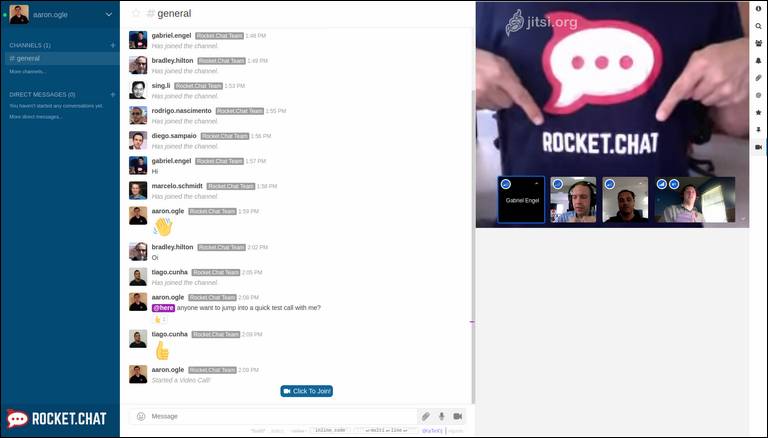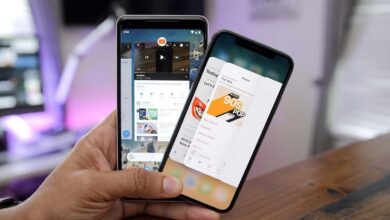
Ever heard of Jitsi? Perhaps not, although Jitsi Meet, a sleek open-source alternative to all the Skype / Microsoft teams, Zoom, Houseparty, etc., is a project that began in 2014. Now hear that: 100% encryption and 100% free! Wow! In a moment when storms are rocking both Zoom and Houseparty about security issues, while Microsoft seems to be using the new Skype Meet Now as bait for ferrying clients to Teams. In such a moment, a powerful open-source alternative is very refreshing.
Something like winning a good hand at theedgepoker.com, with the added bonus of being able to customize the system to your own needs. Jitsi Meet resembles a lot the new brainchild of Skype (that is, Microsoft), the Meet Now free version of the Teams video conferencing, to cut a long story short. Skype has not been much loved by Android users in the last decade.
The open-source world, though, has not been idle.
While the original company that created Jitsi has been acquired by 8×8 Inc., a provider of VOIP products, they still maintain a free server where you can open your free videoconference space in a matter of seconds. No need to download and install anything, if you don’t want too, although mobile apps are available both for iPhone and Android and can be downloaded and installed in a zip. But you can also run the whole thing through the web interface. No need to sign up for anything either, no accounts. While participants in the meetings can join with their mobiles, laptops, PCs in a completely seamless way.
In short, do you need to have a video meeting with someone? Open the “room” and send them the link – you are on! Jitsi Meet is free but it is not a toy, it actually has some pretty powerful professional features, like screen sharing and recording the whole conference. Be careful on this one, since Jitsi Meet only keeps it for 24 hours (unlike Skype’s 30 days), waiting for you to tell the system where you want the recording to be stored, usually in a Dropbox folder.
Security is the reason: all pieces of data, such as the chat, or speaker stats, are stored for the duration of the meeting and then destroyed when it ends. Any information that users choose to enter, such as their name or email address is purely optional and is only shared with other meeting participants.
All meeting rooms are ephemeral: they only exist while the meeting is actually taking place. They get created when the first participant joins and they are destroyed when the last one leaves. If someone joins the same room again, a brand new meeting is created with the same name and there is no connection to any previous meeting that might have been held with the same name.
These are just the basics. If you use videoconferencing often, take a tour of Jitsi and explore the ample possibilities of hosting your own meetings on your site, customizing the software, and much more.



![6 Best Benefits Of Rooting Your Android Device [2020 List]](https://androidcure.com/wp-content/uploads/2020/08/android-root-benefits-390x220.jpg)